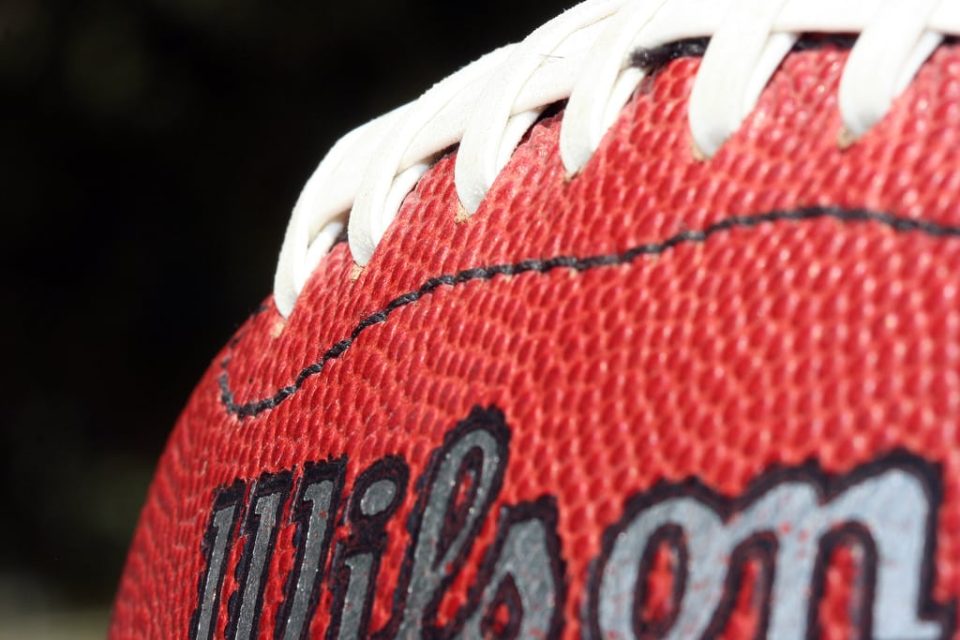INDIANAPOLIS (AP): Despite extended restrictions for Indiana restaurants, bars and entertainment venues, ongoing concerns over the coronavirus won’t hamper students’ return to school sports and activities next week.
The state’s reopening plan had called for Indiana to lift nearly all coronavirus restrictions this weekend. Worries about a possible increase in coronavirus cases across the state prompted Gov. Eric Holcomb to keep those restrictions in place until at least July 18.
Extracurricular and co-curricular activities, however, can resume as planned Monday, according to the governor’s office. In the guidance provided by the Indiana Department of Education, that return is expected to happen in three stages, each providing more liberties to student participants and spectators.
The Indiana High School Athletic Association announced offseason fall workouts will begin Monday, although athletes are limited to 15 hours per week on a school campus until at least July 19 — the anticipated end of the first returning phase.
During this period, locker rooms can’t be used, formal competition is discouraged and there should be no contact in practiced sports, according to state recommendations. Sports teams will be allowed two activity days a week, limited to three hours per day. Conditioning will be limited to four days a week at two hours per session. Pools can be used, but schools are encouraged to work with state and local officials to create a plan for reopening recreational water facilities.
When students are not lifting weights or participating in an activity, face masks should be worn. Coaches and other personnel are expected to wear face masks always.
“From the very beginning, we’ve taken a pretty conservative approach to this,” said IHSAA commissioner Bobby Cox. “We’re not mandating — schools decide their own policies — but we think the guidance we’re offering is helping schools make the best decisions for their students’ return.”
The second stage of extra- and co-curricular reopening, scheduled for July 20-Aug. 15, still requires social distancing and limits on group sizes. Contact can be reintroduced in contact sports and locker rooms may reopen at 50% capacity. Students will still be asked to wear face coverings.
Competition is not slated to begin until the beginning of the third phase on Aug. 15, with the exception of girls golf scheduled to start Aug. 3. Even then, contact should be limited to only what is required for competition, Cox said.
“I don’t think anybody can expect their seasons to mirror identically what they experienced last year,” Cox said. “But at the end of the day, kids will compete against kids from other schools. It’ll still be good competition and it’s still rewarding.”
With the summer and fall months serving as peak season for high school marching band, student musicians will also experience a different approach.
Indiana’s State School Music Association and the Indiana Music Education Association support a return to high school marching band “ as soon as local health and safety protocols can be implemented. ” Bands are encouraged to refer to recommendations provided by ISSMA, IMEA, the state education department and the National Federation of State High School Associations, said ISSMA executive director Mick Bridgewater, in addition to meeting with state and local health departments for guidance.
“We want kids to be able to rehearse together and still get the marching band experience, but with as little contact as possible,” Bridgewater said. “We do think that’s possible with the right precautions in place.”
Marching band guidelines recommend a hybrid mix of virtual and in-person practice with a phased approach to large ensemble rehearsals. Music study should happen in small ensembles, and students should be spaced around 6 feet apart when learning drill formations. Shields should also be used for instruments, according to the guidelines.
All ISSMA marching band events scheduled for October and November — including the state competition held at Lucas Oil Stadium in Indianapolis — are still scheduled to take place, Bridgewater said, barring recurrent virus outbreaks. Some schools have already elected to cancel their marching band season, he noted. And if Indiana returns to a stage three in the governor’s reopening plan, marching competitions will be called off.
Indoor band, orchestra and choir groups should be smaller, IMEA recommends, and after school rehearsals are best if limited to 60-90 minutes. Students should store instruments in lockers and bring their own music stands. Teachers should disinfect shared instruments between uses and only allow the same students to make contact with a given instrument.
If classrooms are fully or partially virtual, the music associations suggest that educators could use Zoom for rehearsals, allow students to submit digital playing assignments online, live-stream or video-edit virtual performances, and even consider apps like TikTok for homemade duets.
ISSMA has also joined other state associations in an international study exploring the effects of the coronavirus in music classrooms and performance venues. The study is examining aerosol rates when playing instruments or singing to determine the risk in performing arts settings. Results from the study are expected later this month and will be used to inform safety precautions this fall.
Still, all school-related summer activities, the state guidelines emphasize, are voluntary. As such, accommodations are in the works for students unable to participate. Sports teams unable to compete in a contest because of the coronavirus, for example, will receive a “no game” and won’t be penalized with forfeit or a loss, Cox said.
But as the coronavirus pandemic continues to unfold, state officials and school leaders warn that the return to sports and other activities could be delayed. And even after those activities start up, they could be put on hold once the academic year begins.
“There will be some limitations in place, but the goal right now is to provide the opportunities for student participation,” Bridgewater said. “These activities are incredibly enriching to students, and we’re working as hard as we can to make them available to the fullest, but safest, extent possible.”

